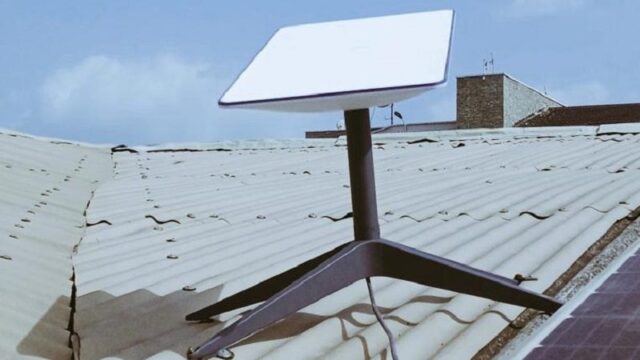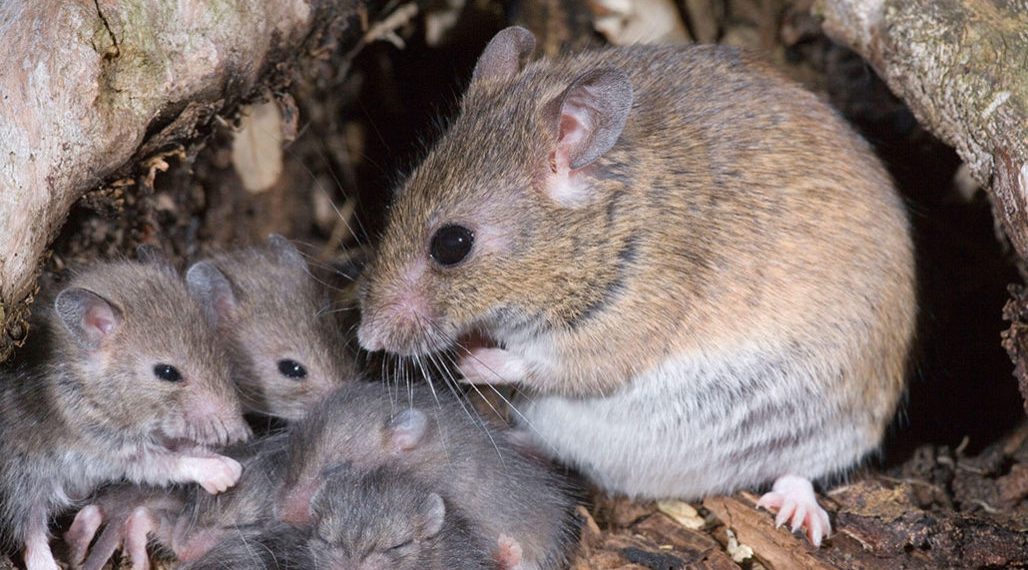Access to Starlink’s highly sought-after satellite internet has become restricted for potential subscribers in Lagos and Abuja. According to updated information on Starlink’s website and feedback from local users, new residential users in these fast-growing urban hubs are being asked to join a waitlist, as the service has hit a technical capacity threshold in key neighbourhoods.
What’s Happening with Starlink in Lagos and Abuja?
Starlink, the global low-orbit satellite internet provider operated by Elon Musk’s SpaceX, recently notified Nigerians that it has temporarily closed new residential signups in various parts of Lagos and Abuja. Prospective customers now face a “Sold Out” notification when trying to subscribe in locations such as Victoria Island, Ikoyi, Lagos Island, Surulere, and multiple Abuja estates. Instead of immediate activation, interested users are prompted to pay a refundable deposit to secure a spot on the waiting list.
A specific notice visible for Chevyville Estate, Lekki, explains: “Starlink service is currently at capacity in your area. However, you can still place a deposit now to reserve your spot on the waitlist and receive a notification as soon as service becomes available again.”
Why the Sudden Capacity Crunch?
Starlink’s decision to freeze new residential activations in Nigeria’s two largest urban centres follows strong demand after the company resumed sales nationwide just three months ago in June 2025. This comes after an earlier sales halt that stretched from November 2024 due to bandwidth shortages and an unresolved dispute with the Nigerian Communications Commission (NCC) over pricing regulations and tariffs.
A Nigerian engineer familiar with Starlink’s local rollout explained the rationale behind the halt: “Once user density reaches what a cell’s design can handle, new activations are paused to make sure existing users don’t experience slowdowns or service degradation. Expanding capacity involves either launching more satellites or gaining additional regulatory approval for terrestrial hardware upgrades.”
Tariff Tensions and Regulatory Pushback
Since arriving in Nigeria in 2022, Starlink has faced persistent pricing challenges. Subscription rates climbed from approximately ₦38,000 per month at launch, steadily rising to about ₦56,000 by mid-2025. Equipment costs also surged, ranging from ₦300,000 up to ₦670,000 for the required hardware kits. The company has attributed these increases to volatile exchange rates, inflation, and greater local compliance costs.
The NCC took issue with Starlink’s unapproved price hikes in late 2024, sanctioning the provider for breaching Nigerian telecom regulations. The commission cited Sections 108 and 111 of the Nigerian Communications Act, ultimately ordering Starlink to revert monthly fees back to the original ₦38,000 before a compromise allowed for limited price adjustments in early 2025. This regulatory intervention aimed to keep internet access affordable for more Nigerians, especially as the economic squeeze has hit tech budgets for homes and businesses alike.
Subscriber Drop and Local Internet Trends
Starlink’s expansion in Nigeria was initially met with optimism from tech enthusiasts and rural dwellers seeking robust alternatives to fibre and mobile internet. However, the recent sales suspension—and a sharp rise in costs—may have dented its growth trajectory. Statistics from the NCC show that Starlink’s active subscriber base dipped from 65,564 in Q4 2024 to 59,509 in Q1 2025, marking the service’s first quarterly decline in the country.
How Does Starlink’s Speeds Compare?
Though Starlink boasts a global user base exceeding 6.2 million as of July 2025, with more than 900 satellites put into orbit this year alone, local speed figures are less impressive. Starlink users in Nigeria report average download speeds of 49.6 Mbps—decent but well below regional leaders like Botswana, where users enjoy up to 106.4 Mbps. Industry analysts suggest the lag is due to a combination of overcrowded urban service areas, fewer satellite passes over Nigeria, and limited ground station presence compared to established local ISPs.
Comparing user experiences:
- Starlink Nigeria: 49.6 Mbps download average
- Botswana (Starlink): 106.4 Mbps (regional best)
Others such as Ghana and South Africa also reportedly achieve higher reliability, especially outside dense city zones.
Rising Competition: Are There Alternatives?
Starlink’s capacity restriction comes at a time of fierce competition among internet providers in Nigeria and the West African subregion. Rivals are already moving to fill the gap:
- YahClick (via local ISPs): Monthly plans starting at ₦25,000 aimed at businesses and rural communities.
- Tizeti: Solar-powered broadband at just ₦5,000 per month, especially for underserved and peri-urban households.
- Eutelsat Konnect: Premium direct-to-premises satellite internet packages advertised at $18,500 monthly, with speeds of up to 100 Mbps.
For many Nigerian families and businesses, price and reliability remain the critical factors—especially as economic uncertainty persists.
User Voices and Community Impact
The abrupt halt has sparked a mix of frustration and understanding among subscribers and would-be customers. Online forums and local tech groups have seen a rise in complaints about long waitlists, particularly in areas where mobile and fibre connections are less reliable.
“The Starlink waitlist is a big setback for us in Lekki,” says Segun A., a Lagos resident who had hoped to install service for his family’s business. “We switched because of constant fibre breakdowns, but now we’re back to square one. It’s even harder for those outside the main city who don’t have other choices.”
Meanwhile, Abuja-based digital entrepreneur Miriam O. noted: “Starlink changed the game for our remote teams, but the rising fees plus uncertainty are starting to make us rethink if we should go back to 4G or fibre. The advantage was supposed to be speed and reliability—that’s being tested now.”
Broader Regional and African Context
Nigeria is not alone in grappling with Starlink’s capacity limits. Service pauses have also been reported in Kenya, Ghana, Zambia, and Zimbabwe, where rapid uptake has sometimes outpaced infrastructure expansion. The pattern highlights broader challenges as satellite providers negotiate regulatory hurdles and wrestle with technical bottlenecks in African markets experiencing explosive demand.
Looking Ahead: What’s the Way Forward?
To restore open access and ensure better performance, Starlink faces several options:
- Accelerating the launch of additional satellites to cover Africa more intensively.
- Securing regulatory approvals for extra ground stations or infrastructure expansion across Nigeria and West Africa.
- Exploring partnerships with local telcos to address coverage gaps and share bandwidth in high-demand cities.
- Engaging in ongoing dialogue with regulatory bodies like the NCC to keep services affordable for all segments of society.
Whether Starlink’s next steps involve rapid technical upgrades or more focused collaboration with local stakeholders, the need for reliable, scalable broadband solutions in Nigerian cities and rural towns has never been clearer.
Have You Been Affected?
The future of high-speed satellite internet in Nigeria—and across much of Africa—rests on how quickly service providers can resolve capacity, pricing, and regulatory issues. Until then, thousands of Lagos and Abuja households remain on hold, awaiting word that Starlink’s doors will reopen.
Are you currently experiencing delays or disruptions due to Starlink’s waitlist? How has this impacted your work, studies, or home life? Share your experiences and insights in the comments section, and let us know what alternatives you’re considering.
Have a news tip, ISP story, or internet access update from your community? We’d love to hear from you! If you have a story to share or want to feature your experience, email us at story@nowahalazone.com. For general support, reach out at support@nowahalazone.com.
Connect with us on Facebook, X (Twitter), and Instagram for the latest updates on the tech and business stories impacting your community. Don’t forget: You can get your story published or sell your unique perspective through our site!










